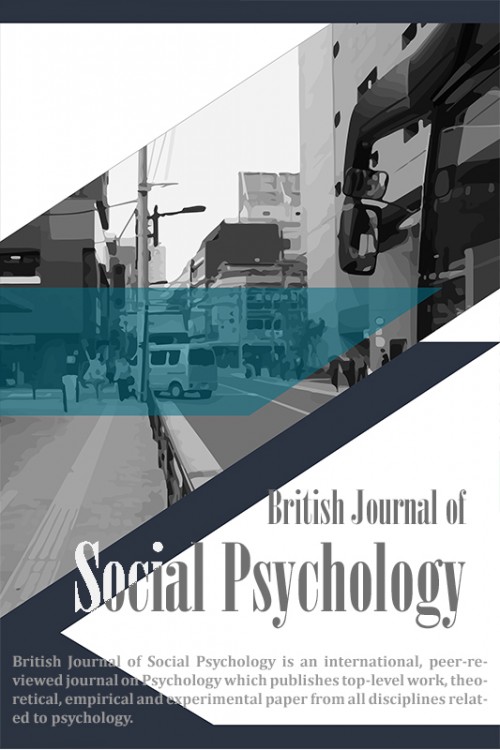
A Study of Psychometric Properties of Mathematics Beliefs Scale
Abstract
Background: Research has shown that in addition to intelligence, other variables, such as students' beliefs about mathematics effects in their performance and academic achievement. Therefore, it is important to study the psychometric properties of high-performance tools, including the mathematics academic beliefs scale. Objectives: The purpose of this study was to evaluate the effectiveness of the native version of the Mathematic Academic Belief Scale (Ladder & Helen, 2002) for use in the culture of the Polish educational community. This questionnaire is part of the Fenma and Sherman Mental Attitude Questionnaire (1976). Method: For this purpose, 250 students from third grade high school were selected by multi-stage cluster sampling method and they answered the questions of mathematical beliefs scale. Results: The results of factor analysis by the main components confirmed the existence of three factors for the scale of mathematics academic beliefs explained 20.7 percent of the first factor, 10.97 percent of the second factor and 7.93percent of the total variances of the test. To calculate the convergent validity of the scale of mathematics beliefs, the correlation between them and the students' end-of-term test scores were used. The results showed that the correlation coefficient between the scale and the test is 0.72 which is significant at the level of p <0.001. The reliability of the mathematical academic beliefs scale is 0.83, which is acceptable and satisfactory. Conclusion: The results of the psychometric indices of the scale of mathematics beliefs showed that the scale has a useful effect in assessing the students' mathematical beliefs in high school students and can be used in mathematical education research.